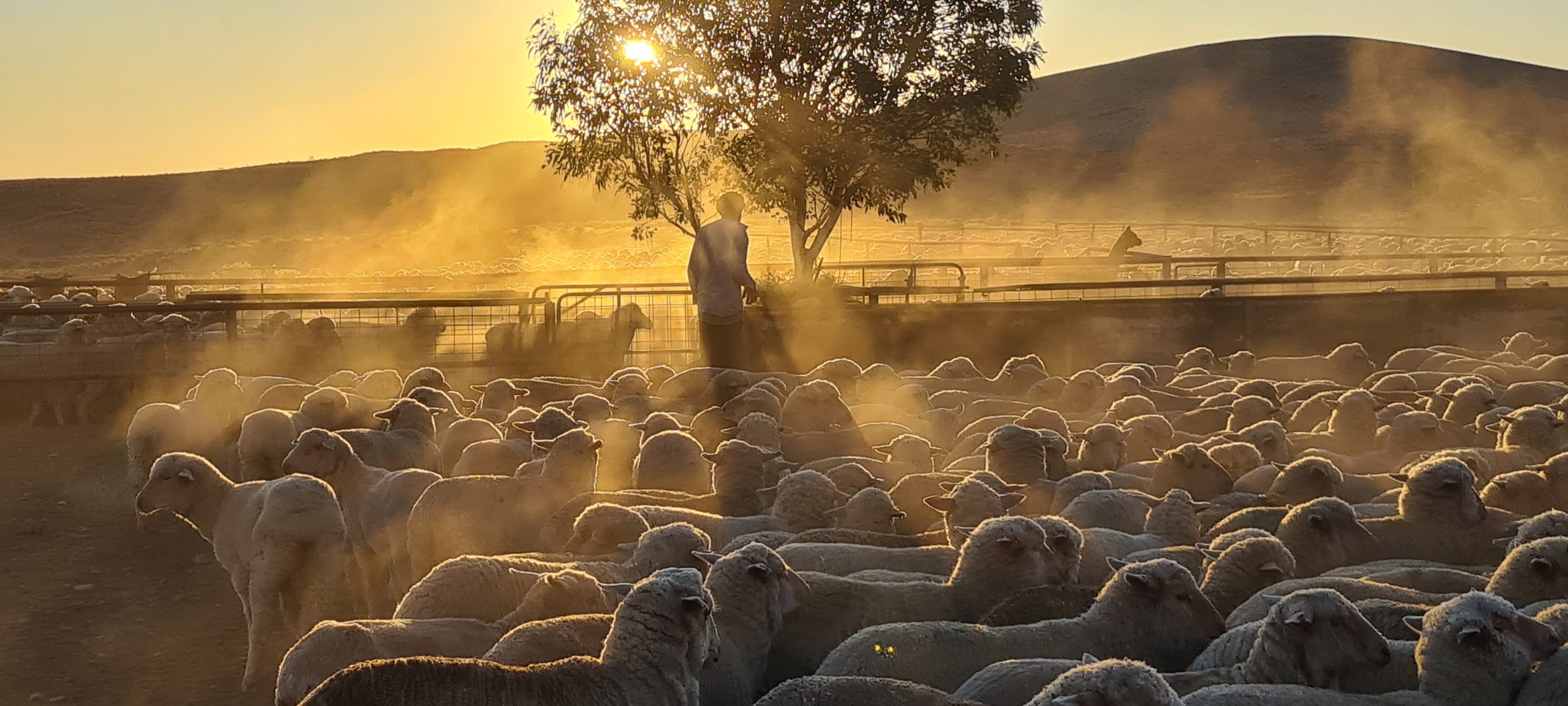Generational transition be that in a family farm setting or any other business is an exciting and daunting time for all involved. At a recent student event at the University of Adelaide, I was invited to speak about “What I wish I knew at 20”. Despite asking where time has gone, it was a compelling question for some of the lessons that matter most when starting a career in agriculture, and they’re not always the ones you’ll find in a textbook. So what do we need to equip our young entrants with and how can we support them as they start in the industry?
Skills like curiosity, communication, teamwork, adaptability, and taking feedback on board often don’t get the spotlight, but they’re critical. These are the building blocks that help young people take ownership of their careers, knowing that the need to adapt and change direction is a part of life. The ag industry is changing fast — more tech, tighter margins, environmental pressures, and shifting consumer demands. To keep up, we need a generation of people who can think critically, work well with others, and stay open to learning. These soft skills aren't just nice to have, they’re essential for navigating complexity and creating value in modern agriculture.

So what can young people do? Start with small habits. Ask questions. Say yes to things that stretch you. Get involved in a team. Reflect on feedback. Learn from mistakes. Most importantly, take charge of your own development and own your pathway.
For those of us in industry though, how can we support and foster these skills? We need to embrace and encourage this growth. That means giving young people space to try, fail, and learn. It means valuing attitude as much as experience. And it means sharing our own stories — not just the polished successes, but the challenges too.
We have worked with graduates and work experience students over many years. It’s clear that careers in ag rarely follow a straight line. Helping the next generation build confidence, resilience, and curiosity is one of the best things we can do — not just for them, but for the future of the industry and the success of our future businesses.